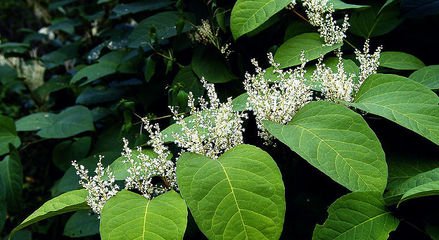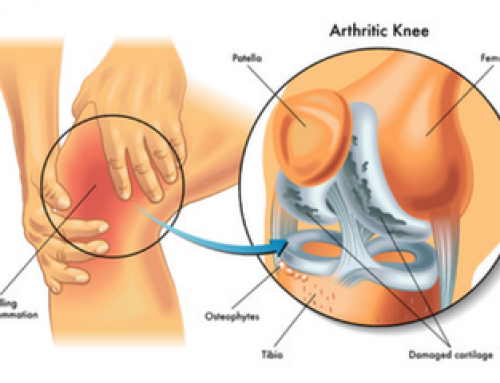Giant knotweed
Giant knotweed is one of the plants of the family Polygonaceae. It was originally grown in East Asia and is widely distributed in China. Polygonum cuspidatum is used in traditional Chinese medicine and traditional Chinese medicine to treat a variety of diseases, including mold infections, various skin inflammations, cardiovascular diseases and liver diseases. Resveratrol and emodin are the main functional components of Polygonum cuspidatum.
Medicinal function
Giant Knotweed Extract is the rhizome of Brassica. The product is mainly composed of resveratrol and emodin. The chemical structure is C14H12O3. Resveratrol and emodin are the main functional components in Polygonum cuspidatum. Studies have shown that resveratrol and emodin exhibit a wide range of antioxidant properties, such as LDL cholesterol oxidation and lipid peroxidation. Resveratrol also shows cardiovascular health and blood circulation, relieves pain, clears away heat and detoxifies, and detoxifies. Other ingredients including tanshinone, emodin methyl ether and rhein have anti-inflammatory, ankle arthritis and antimicrobial activity.
Antipyretic and analgesic effects
Resveratrol exerts therapeutic effects in a number of different ways, showing some antipyretic and analgesic activity, as shown in intact mice and rats (Lin and Hu, 1987). The extract shows that the gastric mucosa can be given resistance to stress ulcers caused by suppression of gastric secretion without affecting blood pressure.
Anti-cancer, anti-mutation ability
As an antioxidant, an anti-mutation agent and an anti-inflammatory agent, resveratrol shows chemopreventive ability against cancer. It can also induce differentiation of human promyelocytic leukemia cells (anti-value-adding effect) and inhibit the development of pre-cancerous lesions in mice. Resveratrol also inhibits protein tyrosine kinase, a substance that catalyzes tyrosine phosphorylation. This kinase is involved in the cytoplasmic information transmission of mitotically regulated cells. Inhibition of protein tyrosine kinases by resveratrol may act as an anti-mutation by blocking kinase function.
Prevent heart and liver damage
Resveratrol inhibits the deposition of triglycerides and cholesterol in the liver of mice. It also promotes aspartate aminotransferase and alanine aminotransferase levels by inhibiting fatty liver peroxidation in mice. Analysis of these two enzymes in serum gives good diagnostic information for heart and liver damage
Antithrombotic function
Resveratrol inhibits lipoxygenase synthesis, which is found in white blood cells, heart, brain, lungs and spleen. Therefore, resveratrol prevents the formation of blood clots in blood vessels. It also inhibits the assembly of platelets after treatment with antihypertensive drugs such as clonidine.
Improve immune system activity in wound therapy
Resveratrol also promotes burn healing by strengthening the immune system.








Leave A Comment